Course Title: MOODLE Based LMS Site Development and Administration
Course Overview: This course is designed to empower individuals with the ability to create, manage, and administer Learning Management System (LMS) sites using Moodle, one of the most widely adopted open-source LMS platforms. Participants will gain hands-on experience in setting up Moodle-based LMS environments, customizing course content, managing users, and ensuring the smooth operation of an educational platform.
Course Objectives: Upon completion of this course, students will:
- Understand the LMS Landscape: Gain a comprehensive understanding of Learning Management Systems, their importance in education and corporate training, and the features and benefits of Moodle.
- Moodle Installation and Configuration: Learn to install Moodle, configure essential settings, and optimize the platform for various educational contexts.
- Course Design and Content Creation: Develop the skills to create engaging courses, including uploading multimedia content, assignments, quizzes, and interactive resources.
- User Management: Understand user roles and permissions, enroll and manage students and instructors, and create user-friendly experiences.
- Customization and Theming: Explore Moodle’s theming and customization capabilities to match the LMS to specific organizational branding and requirements.
- Assessment and Evaluation: Set up grading systems, track student progress, and utilize assessment tools and analytics.
- LMS Security and Data Privacy: Address security considerations and data privacy concerns when administering an LMS site.
- Troubleshooting and Maintenance: Develop skills for diagnosing and resolving common technical issues, ensuring the continuous operation of the LMS.
- User Support and Training: Learn how to provide user support and training to instructors, administrators, and students using the Moodle platform.
Course Structure: This course typically consists of a blend of theoretical lectures, hands-on practical exercises, group discussions, case studies, and project work. Participants may be required to create their Moodle-based LMS site as part of the course.
Assessment: Assessment methods may include quizzes, practical assignments (such as setting up a Moodle site), a final project, and class participation.
Who Should Take This Course: This course is suitable for educators, instructional designers, IT professionals, or anyone interested in leveraging Moodle as an LMS platform for educational or training purposes.
Prerequisites: There may be no strict prerequisites, but a basic understanding of educational technology and computer systems is beneficial.
Course Materials: Course materials may include online resources, Moodle documentation, video tutorials, and access to a Moodle installation for hands-on practice.
Instructor: An experienced Moodle administrator or educational technologist with expertise in Moodle-based LMS site development and administration.
Course Duration: The duration of the course can vary, but it is often offered as a semester-long or short-term program.
By the end of this course, participants will be equipped with the skills and knowledge needed to effectively create, manage, and administer Moodle-based LMS sites, making them valuable assets in educational and corporate training contexts.
Access the course on SPCA Learning Management System
Syllabus
Introduction to Moodle and LMS Basics
- Overview of Moodle as an LMS
- Understanding the importance of LMS in education and training
- Exploring Moodle’s features and capabilities
Moodle Installation and Setup
- Installing Moodle on a server (local or web)
- Configuring basic settings and system requirements
- Backing up and restoring Moodle sites
User Roles and Permissions
- Understanding user roles in Moodle (teacher, student, admin)
- Managing permissions and capabilities
- Creating custom roles
Course Creation and Design
- Creating and organizing courses in Moodle
- Designing course structures, topics, and sections
- Adding resources and activities to courses
Multimedia Content and Resources
- Uploading and embedding multimedia content
- Integrating external tools and content
- Using repositories for file management
Assessments and Quizzes
- Creating quizzes and assessments
- Grading and feedback options
- Monitoring student progress and performance
Customization and Theming
- Customizing the Moodle interface
- Creating custom themes or modifying existing ones
- Incorporating branding elements
User Enrollment and Management
- Managing user accounts and enrollments
- Bulk user actions and user authentication methods
- LDAP and SSO integration
LMS Security and Data Privacy
- Ensuring LMS security best practices
- Protecting user data and privacy
- Handling security incidents
Troubleshooting and Maintenance
- Identifying and resolving common issues
- Monitoring system health and performance
- Conducting regular updates and maintenance tasks
User Support and Training
- Providing user support for instructors and students
- Creating user documentation and tutorials
- Conducting training sessions
Final Project and Course Evaluation
- Setting up a fully functional Moodle-based LMS site
- Presenting the final project to the class
- Course review and feedback
Contents Development
- Online Presentation
- H5P Contents
- SCORM Packages
Note: This syllabus serves as a sample and can be customized based on the specific needs of the course, the institution’s resources, and the instructor’s expertise. Adjustments can be made to the duration, content, and assessments to best meet the course objectives and the needs of the participants.
See also
SP Cloud Academy Online Courses
-
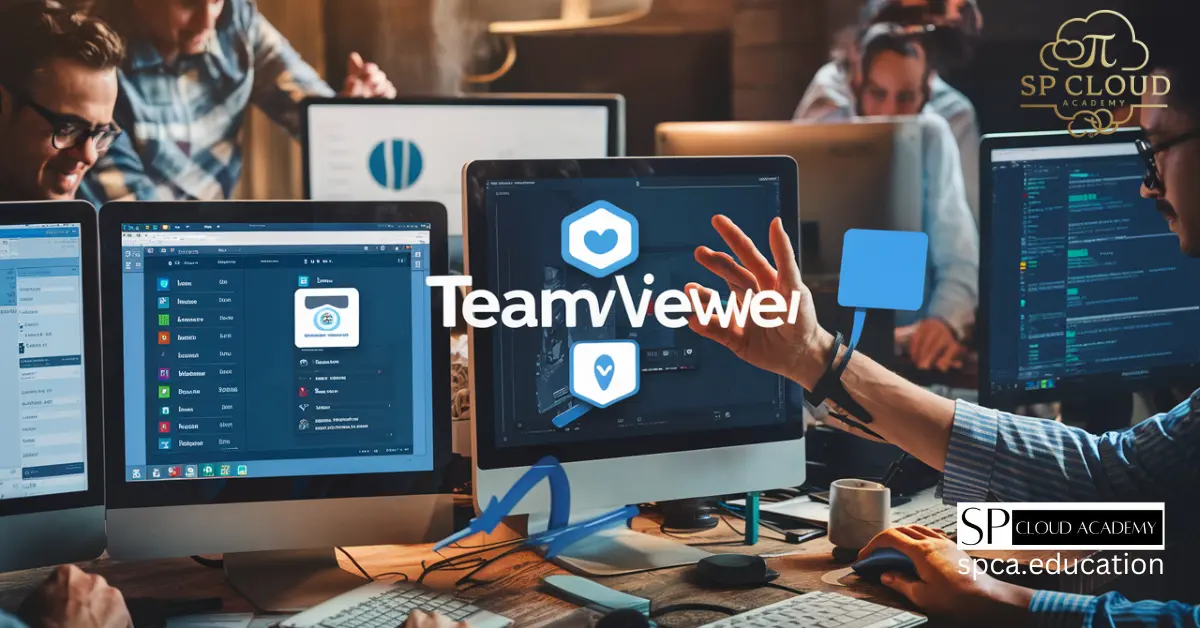
TeamViewer Full Course Syllabus with Advanced Topics
-

AI in Education: Transforming Learning and Teaching
-
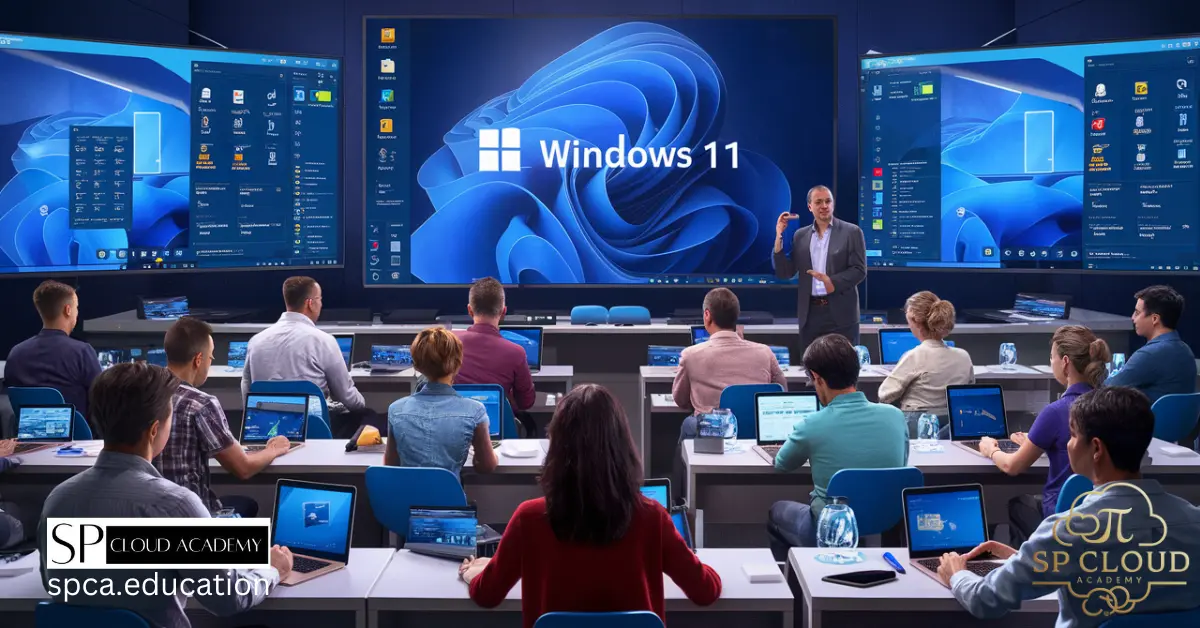
Windows 11 Advanced Course
-

Amazon Affiliate Marketing Full Course
-

Mastering Google Apps for Education
-
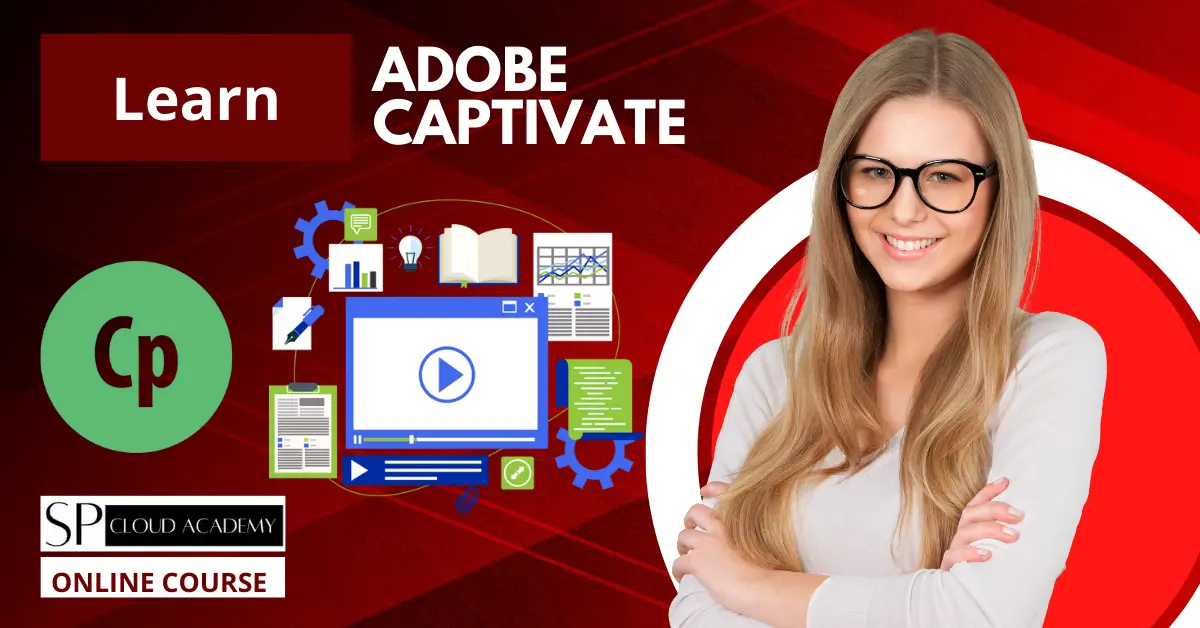
Adobe Captivate Full Course
-
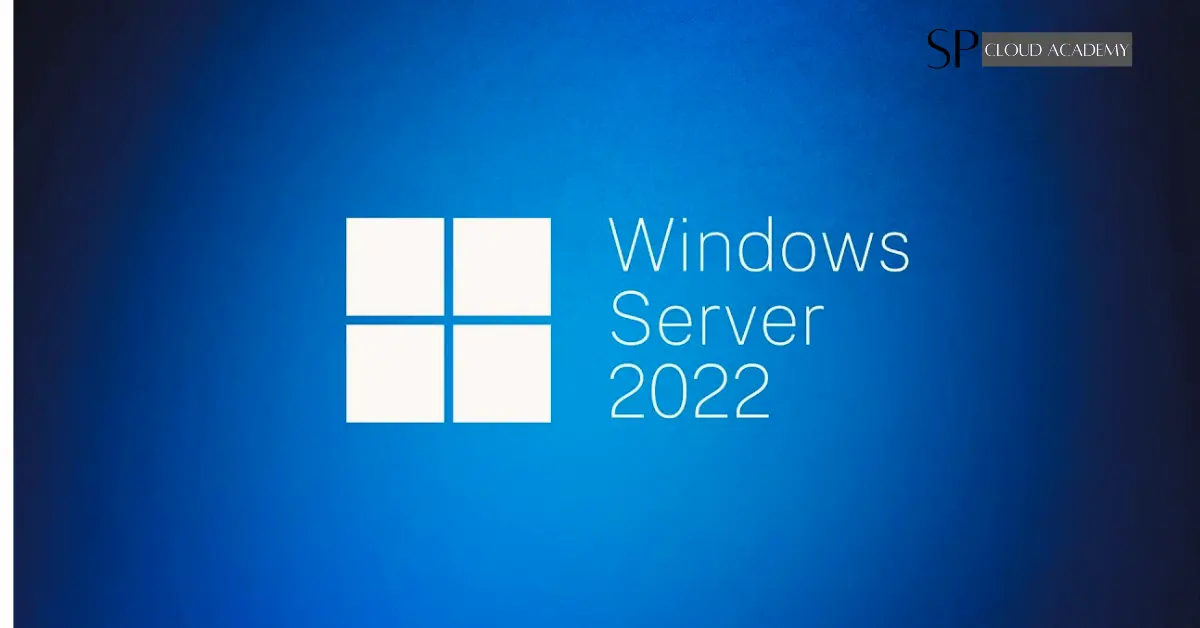
Master Windows Server 2022
-

Microsoft Azure Administration
-

MOODLE Based LMS Site Development and Administration
-
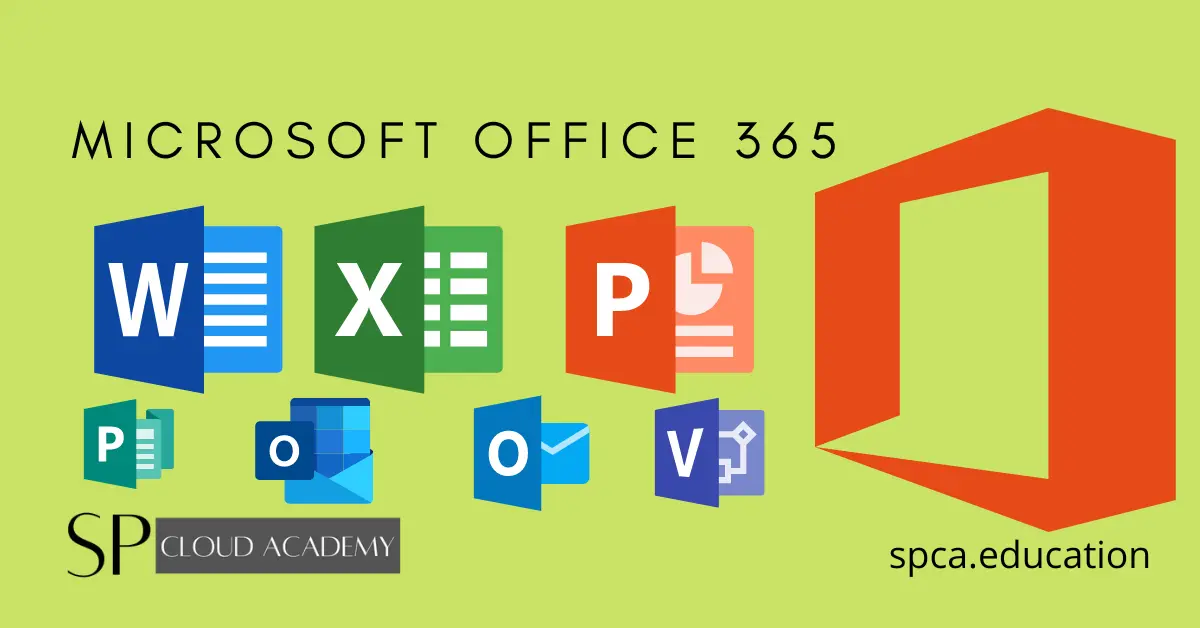
Microsoft Office 365 Administration
-
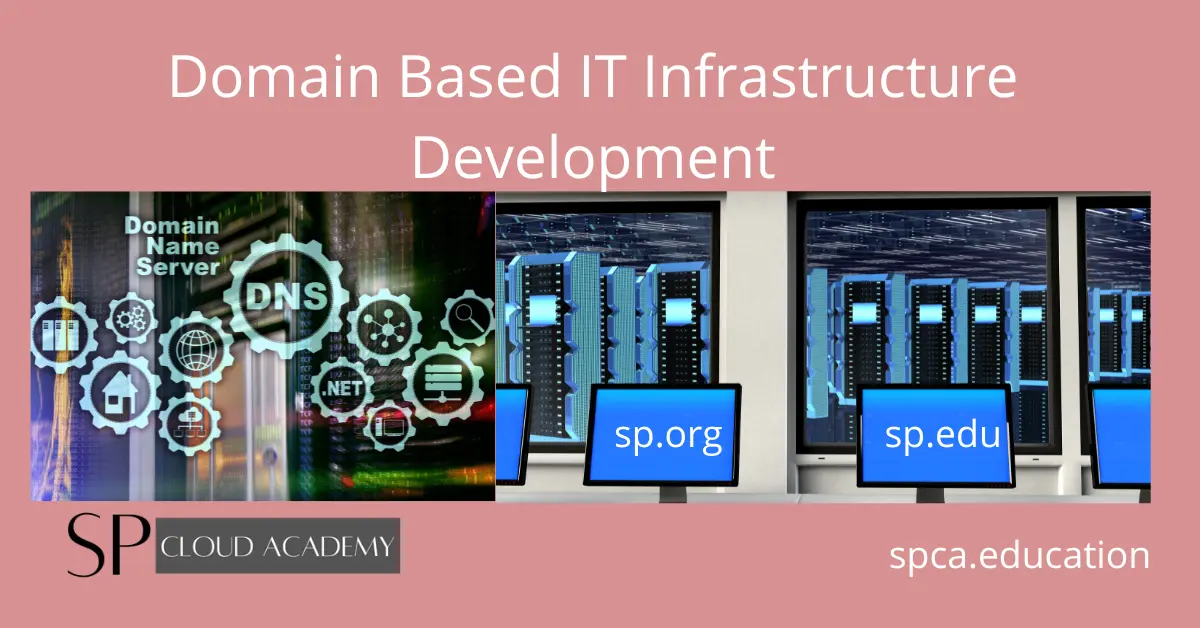
Domain Based IT Infrastructure Development
-
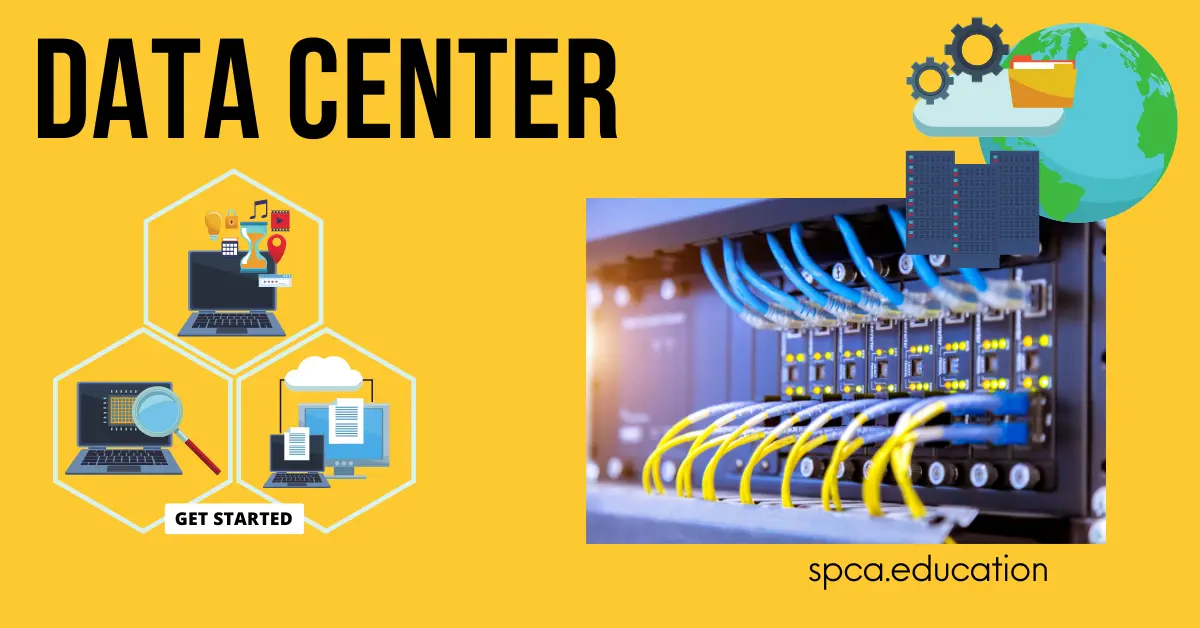
Data Center-Development and Administration